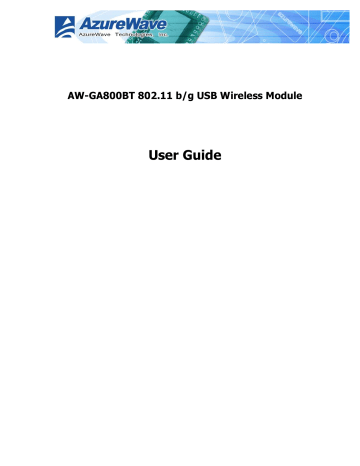

It combs large data sets with its algorithms, learning from the patterns or features in the data. Artificial intelligence operates by processing data through advanced algorithms. While it’s one thing to know what AI is, it’s another to understand the underlying functions. Human thought encompasses so much more that a machine simply can’t be taught, no matter how intelligent it is or what formulas you use. While AI applications can run quickly, and be more objective and accurate, its capability stops at being able to replicate human intelligence. Cognitive learning and machine learning will always be unique and separate from each other. You can't automate multitasking or create autonomous relationships. There are so many facets of thought and decision making that artificial intelligence simply can’t master-computing feelings just isn't something that we can train a machine to do, no matter how smart it is. making it very different from humans and human intelligence. Intelligence that is artificial doesn’t have an I.Q. Human intelligence has a far greater capacity for multitasking, memories, social interactions, and self-awareness. So how is AI different from human intelligence? Artificial intelligence and the algorithms that make this intelligence run are designed by humans, and while the computer can learn and adapt or grow from its surroundings, at the end of the day it was created by humans. And in recent years, a flurry of work has been done developing and integrating this exciting intelligent technology into daily lives. Some years went by where the idea of developing an intelligent computer was abandoned, and little to no work was done on this kind of intelligence at all. Since the “Dartmouth workshop,” as it is called, there have been highs and lows for the development of this intelligence. They didn’t know what to call it or how it would work, but their conversations there created the spark that ignited artificial intelligence. This type of intelligence was born in June of 1965 where a group of scientists and mathematicians met at Dartmouth to discuss the idea of a computer that could actually think. Things like visual perception, speech recognition, decision-making, and word translation are all things that would normally need human intelligence, but now computer programs are able use their intelligence and capability to solve these tasks. The definition of artificial intelligence is the theory and development of computer programs that are able to do tasks and solve problems that usually require human intelligence.

See all Health & Nursing Master's Degrees.Nursing – Nursing Informatics (RN-to-MSN Program) – M.S.Nursing – Leadership and Management (RN to-MSN Program) – M.S.Nursing – Education (RN-to-MSN Program) – M.S.Nursing – Psychiatric Mental Health Nurse Practitioner (BSN-to_MSN Program) – M.S.Nursing – Family Nurse Practitioner (BSN-to-MSN Program) – M.S.Nursing – Nursing Informatics (BSN-to-MSN Program) – M.S.Nursing – Leadership and Management (BSN-to-MSN Program) – M.S.Nursing - Education (BSN-to-MSN Program) – M.S.See all Health & Nursing Bachelor's Degrees.IT Certifications Included in WGU Degrees.Cybersecurity and Information Assurance – M.S.Cybersecurity and Information Assurance – B.S.



 0 kommentar(er)
0 kommentar(er)
